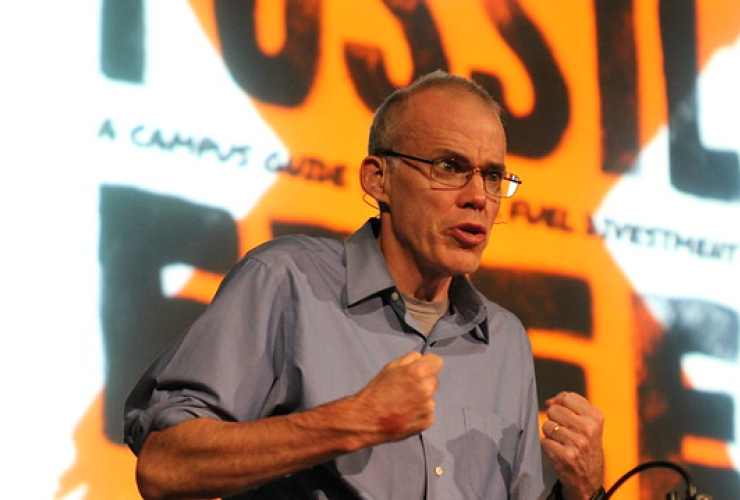Climate change and COVID-19 have both led to record-breaking levels of anxiety and depression in Canada. Canadians know now how to halt the pandemic’s spread, and vaccinations are underway; the end is in sight. But mitigating climate change remains a source of confusion for many. Conflicting sources of information — thanks in part to the spread of disinformation and climate denial — make it difficult to figure out how to work as an individual toward impactful change.
This is why author Mark Jaccard wrote The Citizen’s Guide to Climate Success, published in February 2020. Jaccard, a professor and director of Resource and Environmental Management at Simon Fraser University, has been thinking about the climate longer than most. 2021 marks his 35th year at SFU, save for a stint as chair and CEO of the British Columbia Utilities Commission. His primary focuses are on energy-economy models, while sussing out the practicality and viability of energy and climate policies.
Jaccard will join Canada’s National Observer founder and editor-in-chief Linda Solomon Wood on April 8 for an exclusive Conversations event. Register for the event here.
Jaccard’s book applies his expertise in climate and policy work to the everyday anxiety nagging individuals for more than two decades: global change seems impossible for us to effect, so is there something, anything, we can do on our own to mitigate the climate crisis?
His work strips away the myths and confusion from both sides of the climate crisis, including honest assessments of half-measure approaches like carbon taxes and offsets, and whether or not clean energy is actually cheap to produce. Jaccard instead emphasizes key areas on which citizens can focus, both within their communities and across the country, to work toward achievable goals.
In a world of self-interested actors latching onto climate work and greenwashing as a marketing scheme, Jaccard sets the record straight with precision and knowledge sharpened over five decades. The goal, he says, is “acting locally while thinking globally.”
The timing of this intervention in thinking is critical. This event follows on the heels of a scathing column, co-authored by Jaccard, arguing the federal government’s carbon-offset proposal would likely increase emissions. We don’t have much wiggle room left to fight climate change, and Canadians might soon be forced to choose between a slate of federal parties with varying approaches and degrees of commitment to fighting the climate crisis. How do we make the best decisions for our future?
Join us with Jaccard on April 8 at 4 p.m. PT / 7 p.m. ET to find out. Reserve your spot here. Have a question you’d like to hear answered? Send it ahead of time to [email protected].
In scouting the purchase of
In scouting the purchase of Jaccard's book, I found that it was legitimately available as a PDF, free of charge, from the uCambridge website. doi.org/10.1017/9781108783453
I look forward to the interview.






Comments